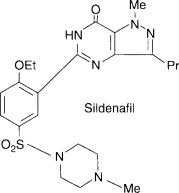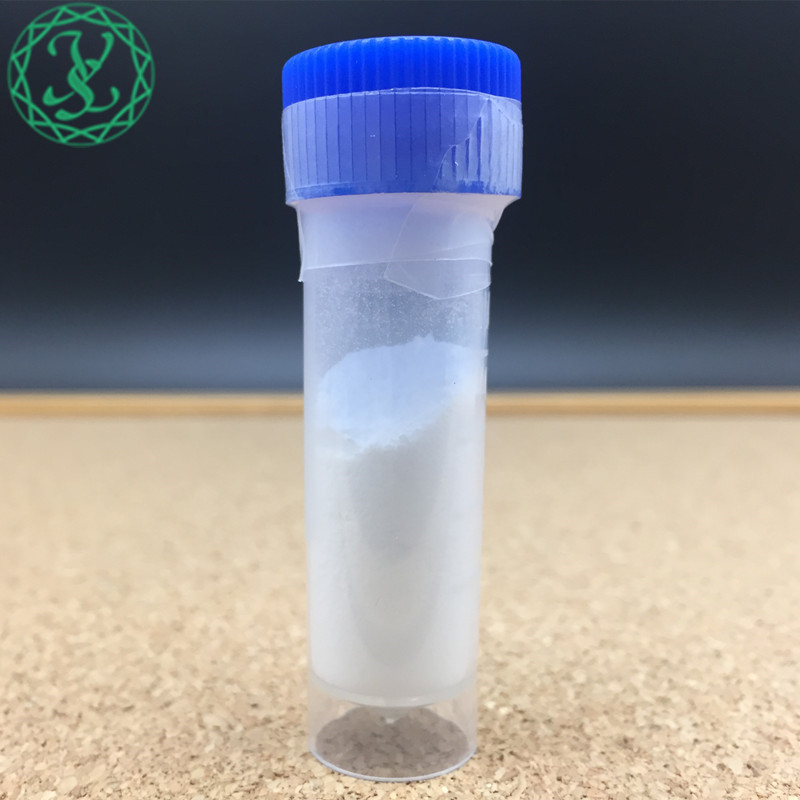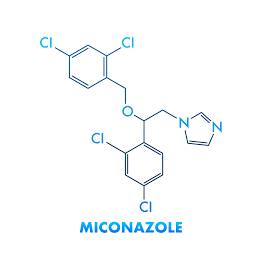Sanofi has been publicly chastised by lawmakers and public health groups for its proposed Zika vaccine deal with the U.S. Army. Now, an executive is explaining the rationale behind the company’s development plan and defending against claims his company is out to make a quick buck.
Sanofi VP and head of U.S. government relations Adam Gluck says Sanofi has plowed its own resources into the effort and set aside other projects to put its Zika work on a fast track. The company struck the Army partnership "in the face of opportunity costs associated with delaying other R&D programs in order to advance this vaccine at an unprecedented pace," Gluck said in a May 22 letter to the House Energy and Commerce Committee.
A leading vaccine developer globally, the French pharma has committed more than 60 full-time scientists to the effort, as well as its manufacturing know-how and "robust" clinical trials network for flaviviruses, Gluck said. Sanofi partnered with the U.S. Army last summer on the program and has since won $43 million in government funding to support the work. Another $130 million could be awarded to fund later research.
Because of that taxpayer funding, some politicians and public-health activists have called for pricing assurances on an exclusive licensing deal Sanofi is negotiating with the Army. Sanofi R&D head Elias Zerhouni previously defended the company in a New York Times op-ed, but Gluck laid out a more detailed case in his letter to members of Congress.
Vaccine partnerships between government and industry aren't uncommon, especially in emerging diseases that require a fast response and a great deal of resources right away to respond to a new threat. The Sanofi-Army research collaboration is only one of many Zika vaccine approaches in the works, Gluck pointed out. An exclusive license wouldn’t prevent other companies—some of them funded via government partnerships—from bringing their own candidates to market and competing on price.
GlaxoSmithKline, Takeda and Moderna have all struck their own Zika vaccine partnerships with U.S. agencies. Takeda's collaboration includes up to $312 million in potential funding if development proceeds as hoped. Changes to government licensing terms "could undermine the intent of these types of collaborations," Gluck said.
So far, the U.S. Army and reportedly Sanofi itself have rejected calls for pricing guarantees in their licensing agreement. An Army official responded to the requests by saying his group simply can’t enforce future vaccine prices. Gluck agreed with that sentiment, writing in his letter that it’s "premature to consider or predict Zika vaccine pricing at this early stage of development. As noted earlier, ongoing uncertainty around epidemiology and disease trajectory make any commercial projections theoretical at best."
The Sanofi shot has passed early proof-of-concept testing and is working its way through five different phase 1 safety and dosing assessments; meanwhile, the company is laying the groundwork for a phase 2 trial testing efficacy and safety. Vaccines then go on to phase 3 trials in thousands of patients before hitting the market. In public health emergencies, vaccines can be used before final regulatory approval under specific conditions, an option said to be under consideration for the new Ebola outbreak in Congo.
Gluck’s letter was submitted for the record at Tuesday’s meeting of the House Energy and Commerce Committee. At the hearing, National Institute of Allergy and Infectious Diseases Director Anthony Fauci told Rep. Jan Schakowsky, D-Ill., he doesn’t believe there are any "mechanisms in place right now" to ensure the candidate vaccine is affordable if it reaches the market.
Jamie Love, director of the nonprofit Knowledge Ecology International, contends that such a pricing assurance is warranted in this case and would be "very simple" to add to the license. KEI filed early complaints against the license last year and recently appealed the Army’s decision. One clause KEI has requested, according to Love, would ensure that U.S. residents don’t pay more than the median price for the vaccine in other high-income countries.
Earlier this month, Louisiana Governor John Edwards wrote to U.S. Army Acting Secretary Robert Speer to express "serious concern" about the license, especially if it doesn’t include an affordable pricing guarantee. Edwards' state saw 38 Zika cases last year, according to the CDC.
Seeking to assuage those worries, Gluck wrote that it’s "in the public-health interest to price this and other vaccines in a way that will facilitate access to and usage of a preventive vaccine."
The Sanofi executive pointed to the drugmaker’s ranking in the recent Access to Vaccines index as evidence of its commitment to affordable pricing. "We have demonstrated that commitment in the past," he wrote, "and, if we bring a Zika vaccine to market, we intend to do so for Zika as well."





 ALL
ALL Pharma in China
Pharma in China Pharma Experts
Pharma Experts Market News
Market News Products Guide
Products Guide Brand Story
Brand Story




















 Pharma Sources Insight January 2025
Pharma Sources Insight January 2025








